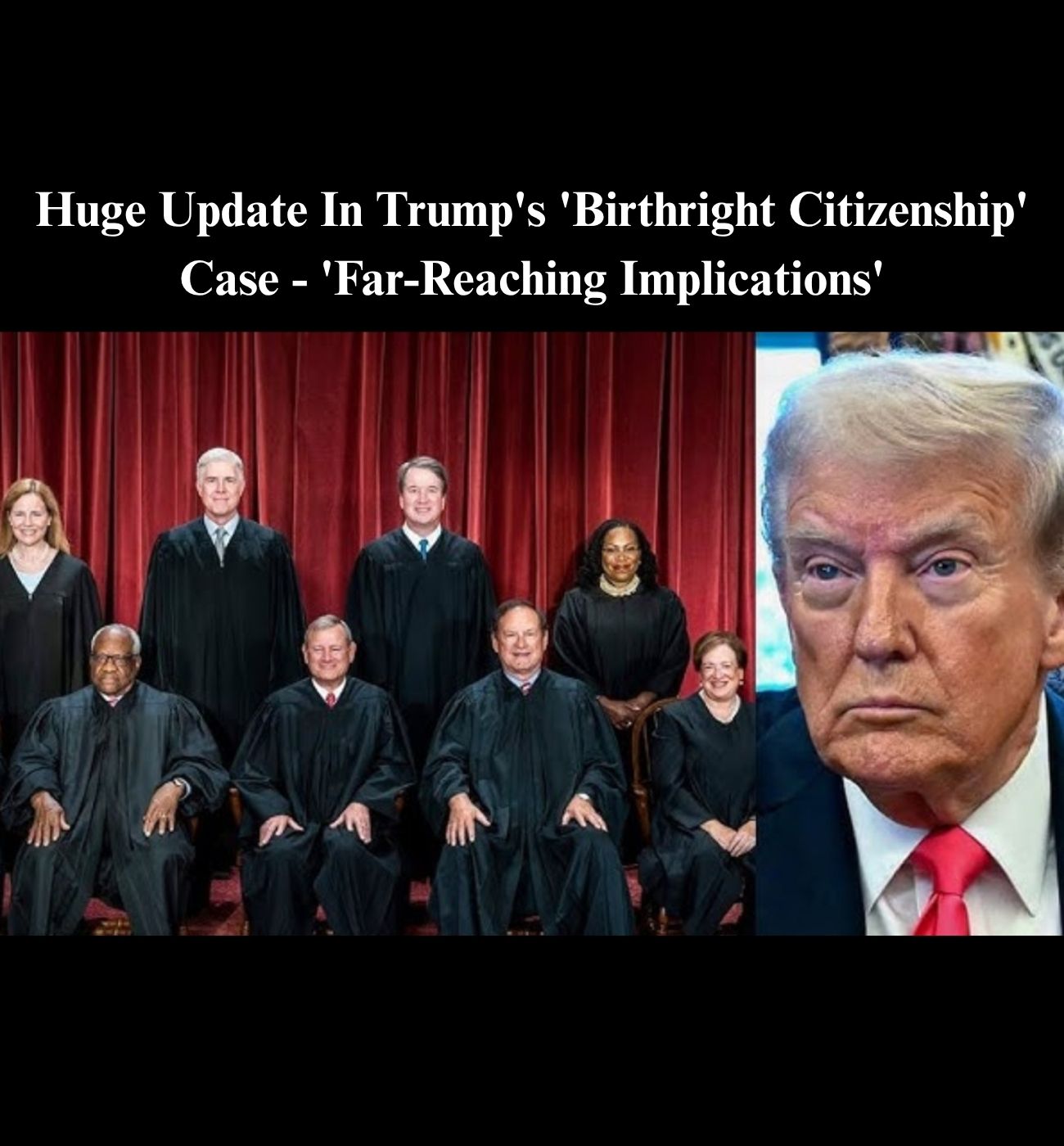Two dozen Republican attorneys general are urging the U.S. Supreme Court to side with President Donald Trump in his effort to end automatic birthright citizenship for children born to noncitizen mothers.
In a sweeping show of support, 24 states led by Iowa Attorney General Brenna Bird and Tennessee Attorney General Jonathan Skrmetti filed an amicus brief Friday arguing that the 14th Amendment was never intended to grant automatic citizenship to children of those in the country illegally or temporarily, Fox News reported.
“The Fourteenth Amendment was designed to address citizenship for people lawfully present in the United States — not to reward unlawful entry,” the states wrote.
The coalition said birthright citizenship has become a “powerful incentive for illegal migration,” citing what they described as a record influx of more than nine million illegal immigrants overwhelming national infrastructure, public health systems, and local resources.
“Our states face significant economic, health, and public-safety issues from policies holding out a powerful incentive for illegal migration, beyond what the Citizenship Clause requires,” the brief stated.
The Supreme Court is expected to decide soon whether it will take up Trump’s petition to reinterpret the 150-year-old amendment — one of the most consequential constitutional debates of his presidency.
Notably, Pennsylvania, Virginia, Ohio, and New Hampshire did not join the amicus filing. Fox News Digital reported that their offices did not immediately respond to requests for comment. Virginia’s attorney general, Jason Miyares, faces a competitive re-election race in the Democratic-leaning state.
Skrmetti emphasized that the amendment, ratified after the Civil War, was meant to ensure citizenship for the children of freed slaves and others lawfully residing in the United States.
“If you look at the law at the time, citizenship attached to kids whose parents were lawfully in the country,” Skrmetti said. “Each child born in this country is precious no matter their parents’ immigration status, but not every child is entitled to American citizenship.”
He added that the case offers the Supreme Court a chance to “resolve a constitutional question with far-reaching implications for the States and our nation.”
Shortly after taking office, Trump signed an executive order declaring that babies born to certain noncitizen mothers — including those living in the country illegally — would no longer automatically receive U.S. citizenship unless their fathers were citizens.
The order sparked immediate legal challenges and a series of nationwide injunctions. In response, the Supreme Court later ruled that such blanket injunctions were unconstitutional but allowed class-action challenges to continue, leaving room for new legal fights over the issue.
Lower courts have so far blocked Trump’s policy.
Seattle-based U.S. District Judge John Coughenour, a Reagan appointee, criticized the administration’s approach during a hearing earlier this year, saying the president viewed “the rule of law as an impediment to his policy goals.”
“The rule of law is, according to him, something to navigate around or simply ignore, whether that be for political or personal gain,” Coughenour said.
He added that if Trump wanted to alter the “exceptional American grant of birthright citizenship,” he would need to work with Congress to amend the Constitution rather than redefine it by executive action.
The Supreme Court has yet to announce whether it will hear the case, but legal experts say a decision could reshape decades of immigration precedent and potentially redefine the meaning of American citizenship itself.
